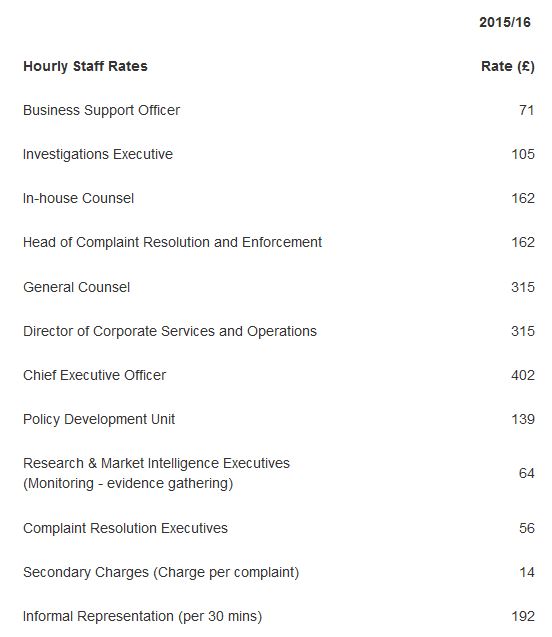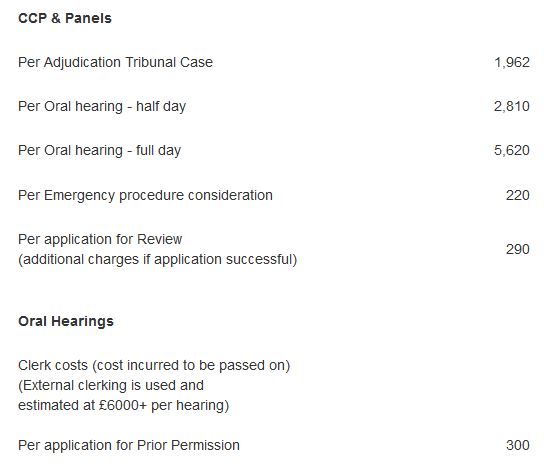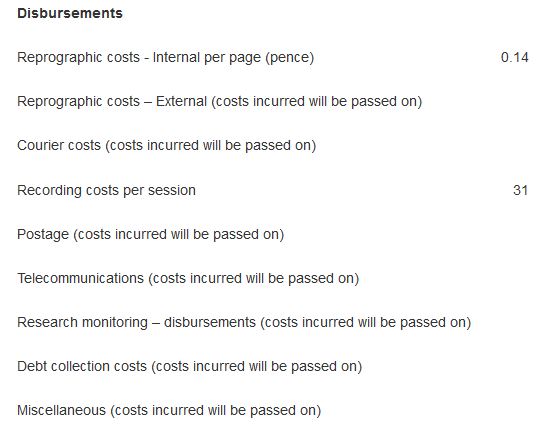PhonepayPlus administrative charges
PhonepayPlus today announces an adjustment to its published administrative charge policy.
The hourly staff role rates will remain unchanged but the descriptions of PhonepayPlus personnel have been revised.
PhonepayPlus remains committed to ensuring that Network operators and providers found in breach of the PhonepayPlus Code of Practice make a proportionate contribution towards the costs incurred in bringing their cases to a conclusion.
A key component of this polluter pays principle is ensuring the comprehensive and accurate recovery of costs incurred during investigations which result in a case being upheld by a Tribunal. A time recording system captures the work conducted by members of staff involved in a case. These costs can then be accurately passed on to providers found to be in breach of the PhonepayPlus Code of Practice.
PhonepayPlus has retained the current methodology for setting the administrative charges rates. The administrative charge rates detailed within the update published on 1 November 2013 will remain the same. However, following a review of new team structures and the personnel involved in bringing a case to a conclusion, the description of various personnel has been amended to reflect the current roles within the organisation.
The current administrative charge rates and the staff roles to which they relate are set out below:
 |
||
 |
||
 |
Administrative charges can be imposed after Tribunal adjudications, Reviews, Oral Hearings and Independent Appeal Body Hearings and for prior permission applications. Following on from the change to the administrative charge policy on 9 July 2014, as prohibition proceedings brought against associated individuals arise as part of the imposition of sanctions against a provider found to be in breach of the Code, administrative charges related to such proceedings will be imposed on the relevant provider, rather than the associated individual, unless the individual is also the relevant provider (acting as a sole-trader).
